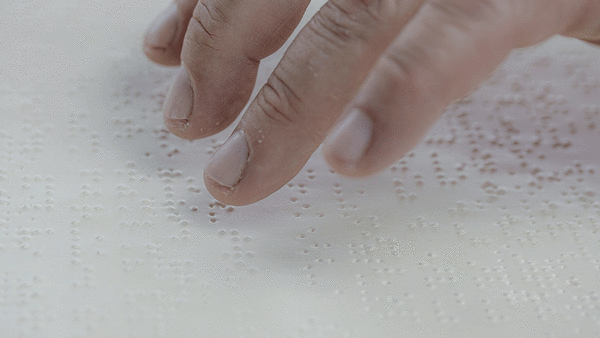

By Esraa al Saadi
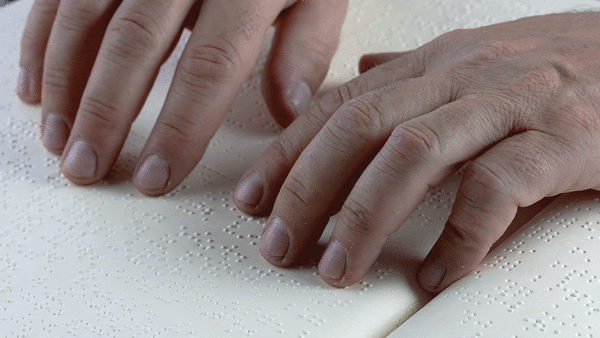
It has been very difficult for visually impaired students to get access to books that can aid them not just in academic learning but even in pleasure reading. Thankfully, advancements in technology and the implementation of inclusive education policies made way for innovative solutions.
In Oman, there has been an effort to support visually impaired students’ access to books. Even at the community level, people are coming together in order to make sure that Oman’s programmes for the visually impaired become more responsive to the needs of these visually challenged individuals.
A voluntary group called Byadi Aqra was established by Sultan Qaboos University’s College of Art and Social Sciences to prepare educational materials for the visually impaired students.
While Oman is a well-developed country, most of the books are targeted towards visual readers and while there are plenty of educational materials for those who are able to see, the same could not be said for the visually impaired.
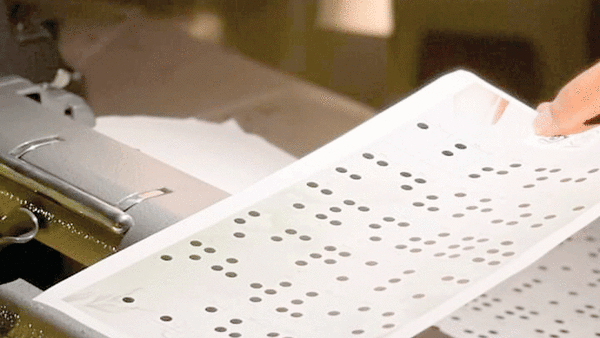
Visually impaired individuals can only read and write using the Braille coding system — where raised dots are read by touching.
Byadi Aqra started as an initiative in 2015 with the aim of converting printed educational materials into Braille and making them available not just on printed books but also accessible digitally through a read-through computer screens.
The process of converting the educational materials into other forms that visually impaired students can read took several steps. First, the instructors of the visually impaired students would upload the educational materials onto the initiative’s website.
Then, a group of volunteers would collect those materials, categorise them, and send them to another group of volunteers via email to retype them and send them back when finished. After that, the retyped materials would be revised, collected into one file, and uploaded again into the initiative’s digital library that visually impaired students can get access to. In 2018, the College of Arts and Social Sciences at Sultan Qaboos University and Occidental Oman collaborated to release a free application that could be downloaded on any smart device.
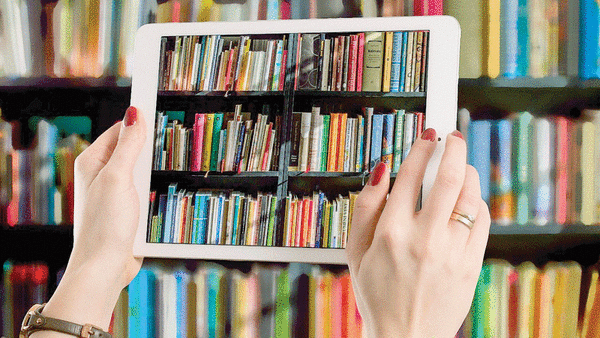
The application allowed a bigger number of volunteers to join the team and work from anywhere and at any time, which made the process of preparing the materials a lot easier and quicker than before.
The application also enables the instructors and the visually impaired students from Sultan Qaboos University and other Universities and colleges to upload an infinite number of pages and students can create their own libraries inside the application.
Since the establishment of the initiative, over 21,000 pages of textbooks have been processed, and there have been more than 5000 prepared books in the digital library.
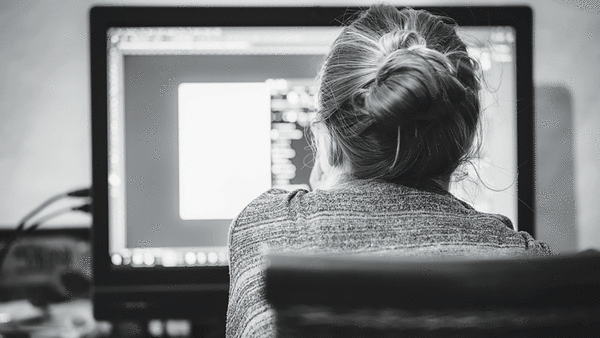
Rayyan al Hadidi, a visually impaired student from the College of Arts and Social Sciences at Sultan Qaboos University, says that she is so thankful for the hard work the group is doing as it helped her in reducing her study time and effort by preparing her books very quickly without having to refer to the instructors or officials.
She adds: “I can upload the documents in the application on my own, and then find the documents in the library after receiving a notification that the documents are prepared”.
The group has won some awards such as winning 1st place in Ehsan Competition for voluntary works in 2019, 2nd place in the competition of the Deanship of Students’ Affairs’ Cup of Voluntary Groups at Sultan Qaboos University in 2018, and 5th place in the Al Roya Youth Initiatives Awards in 2019.
Oman Observer is now on the WhatsApp channel. Click here

